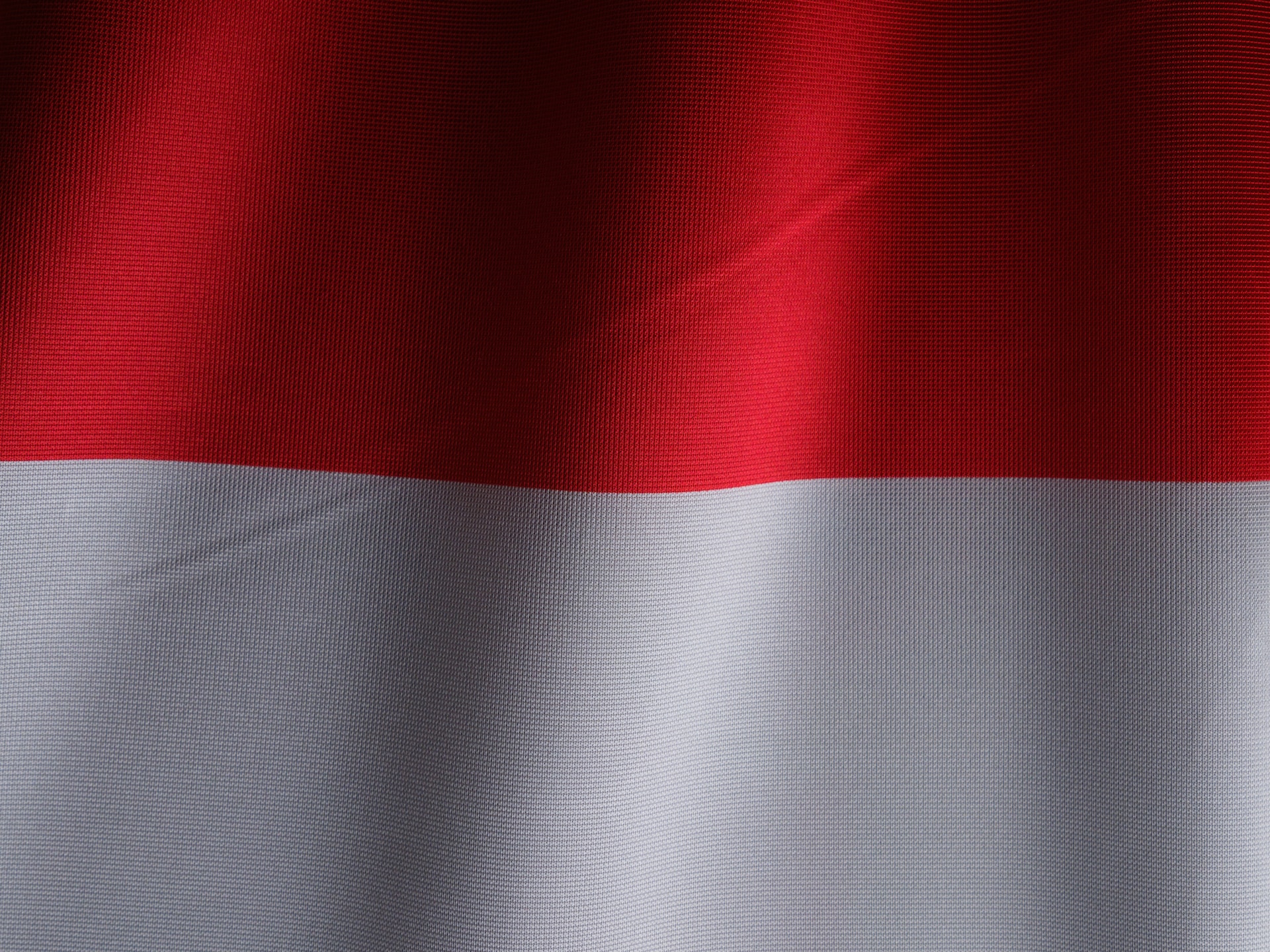Understanding the corporate income tax and other business taxes in Indonesia is essential for businesses operating within the country. Alongside corporate income tax, businesses should be aware of other taxes such as VAT, withholding tax, luxury goods sales tax, land and building tax, customs and excise duties, and regional taxes. Consulting with a tax professional or referring to the official website of the Directorate General of Taxes is advised to stay informed about the latest tax regulations and requirements. By complying with the tax laws in Indonesia, businesses can operate effectively and contribute to the country's economic growth.
Corporate Income Tax:
Indonesia imposes corporate income tax on companies operating within its jurisdiction. The corporate income tax rate in Indonesia is progressive, based on the level of taxable income. As of the knowledge cutoff date in September 2021, the tax rates are as follows:
- Small-Scale Enterprises (P3): 0.5% to 1%
- Micro Enterprises (UMKM): 0.5%
- General Taxable Entities: 22%
- Public Companies (listed on the Indonesia Stock Exchange): 25%
The corporate income tax is imposed on the net profit earned by companies and is calculated after deducting allowable expenses and tax incentives.
Types of Business Taxes in Indonesia:
- Value Added Tax (VAT): Indonesia implements a VAT system, known as Pajak Pertambahan Nilai (PPN). The standard VAT rate is 10%. Certain goods and services may be exempted or subject to reduced rates.
- Withholding Tax: Indonesia imposes withholding tax on certain types of payments made to residents and non-residents. This tax is deducted at the source of payment and applies to various transactions, such as dividends, interest, royalties, and services. The withholding tax rates vary depending on the nature of the payment and the tax residency status of the recipient.
- Luxury Goods Sales Tax (LGST): LGST is applicable to the sales of specific luxury goods, such as high-end vehicles, yachts, and certain property transactions. The tax rates vary depending on the type and value of the goods.
- Land and Building Tax: Property owners in Indonesia are subject to a land and building tax, known as Pajak Bumi dan Bangunan (PBB). The tax rate is determined by the local government and varies based on factors such as the location, size, and use of the property.
- Customs and Excise Duties: Customs duties are imposed on the importation of goods into Indonesia. Excise duties apply to certain goods, such as tobacco, alcohol, and petroleum products.
- Regional Taxes: Local governments in Indonesia have the authority to impose regional taxes on specific activities or services within their jurisdictions. These taxes may include advertisement taxes, hotel taxes, parking fees, and others.
Indonesian Tax Authority Website:
For the most up-to-date and detailed information on business taxes in Indonesia, it is recommended to visit the official website of the Directorate General of Taxes, which is the tax authority responsible for tax administration in the country.
Related Information








